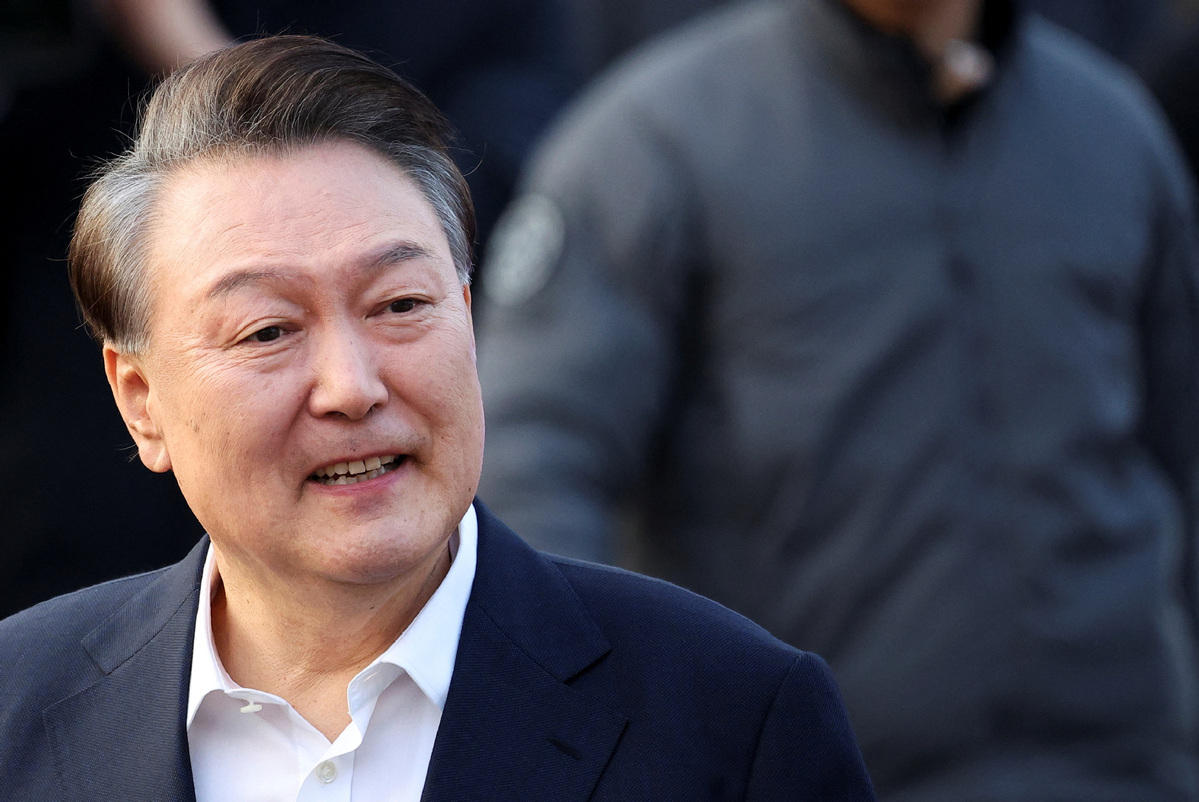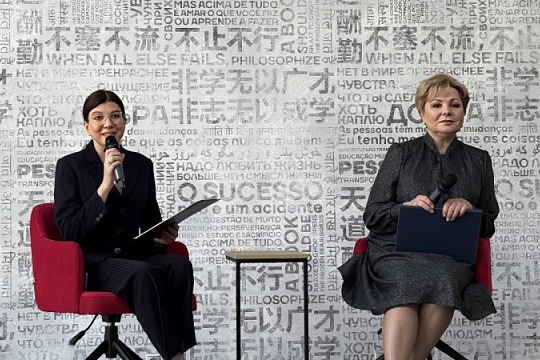South Korea's Yoon removed from presidency


South Korean President Yoon Suk-yeol was removed from office on April 4 after the country's Constitutional Court, in a unanimous decision, upheld a parliamentary vote to impeach him over the Dec 3 martial law decree.
According to South Korean law, Yoon will be immediately removed from office and an early presidential election must take place within 60 days.
Reading the verdict in the court with a live broadcast, Moon Hyung-bae, acting chief of the Constitutional Court, dismantled every justification Yoon provided for imposing martial law.
"The negative effects on the constitutional order and the repercussions from the defendant's violations of the law are grave, making the benefits of protecting the Constitution by dismissing the defendant larger than the national losses from dismissing the president by an overwhelming degree," Moon said, as quoted by the Yonhap News Agency.
Yoon declared martial law on Dec 3 evening. Just six hours later, it was revoked by the opposition-led National Assembly.
A motion to impeach Yoon was passed in the National Assembly on Dec 14, and the constitutional court held 11 hearings on Yoon's impeachment. Yoon attended eight hearings but did not attend the verdict session.
Earlier in the day, South Korean police issued the highest alert level, mobilizing all police forces to maintain public order. Some 20,000 personnel from 338 units were dispatched nationwide, with around 14,000 of them placed in Seoul.
Around 7,500 personnel were deployed near the Constitutional Court, Gwanghwamun, and the surrounding Jongno area.
The ruling came 111 days after the case was filed, making it the longest presidential impeachment case in South Korea's history.
In previous cases, the court took 63 days to reinstate former president Roh Moo-hyun in 2004, and 91 days to remove Park Geun-hye in 2017.































